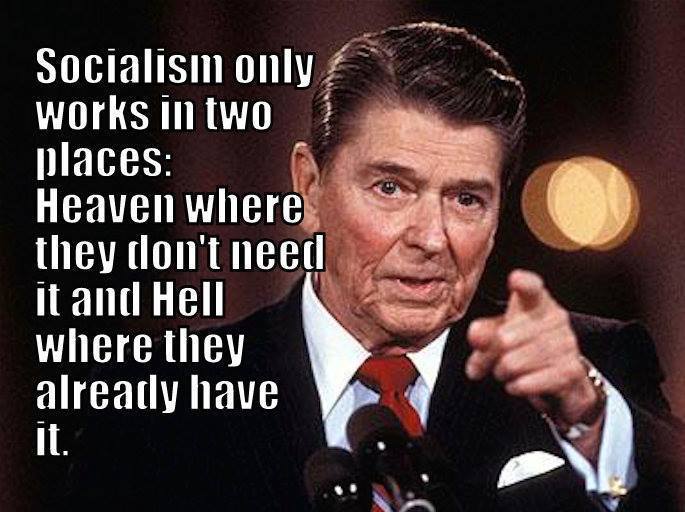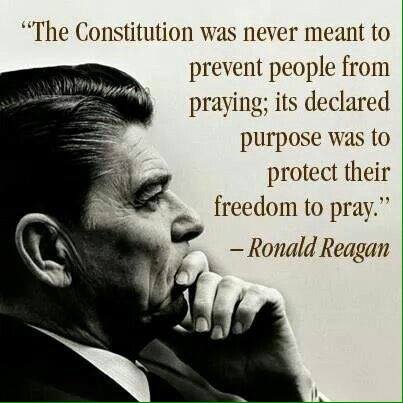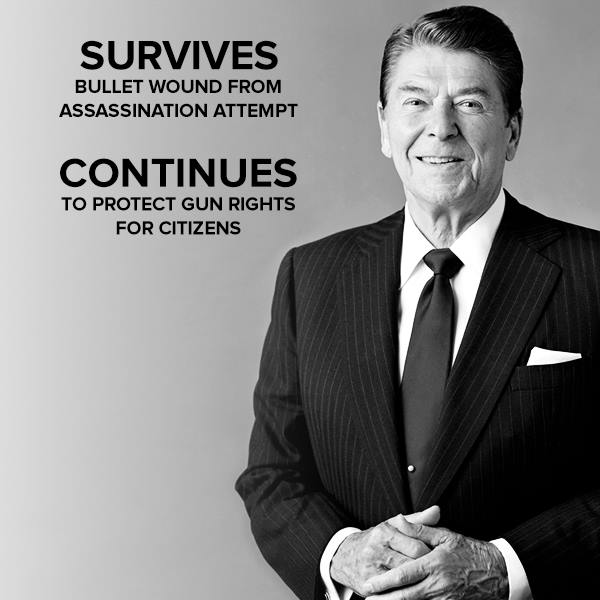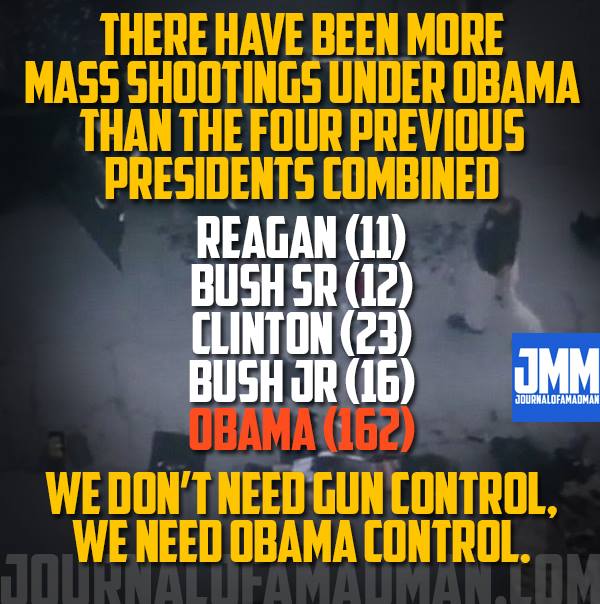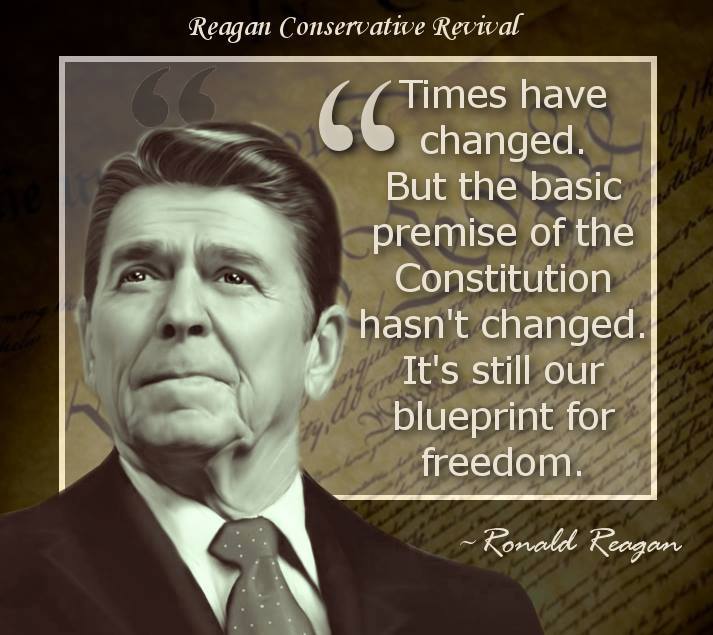Ronald Reagan – Radio Address to the Nation on Prayer
September 18, 1982
My fellow Americans:
Today is a special day for our citizens of Jewish faith. It’s Rosh Hashanah, the Jewish New Year, marking the beginning of the year 5743 on the Hebrew calendar. So, to all of our friends and neighbors observing this holiday—and speaking for all Americans—I want to wish a happy, peaceful, and prosperous New Year.
Rosh Hashanah also reminds us of the rich and varied religious heritage we Americans are blessed with. More than any other nation, ours draws inspiration from the creeds of many peoples from many parts of the world. They came to our shores from different ports of origin at different times in our history. But all of them—from the men and women who celebrated the first Thanksgiving more than three and a half centuries ago, to the boat people of Southeast Asia—came here with prayers on their lips and faith in their hearts.
It’s because of this shared faith that we’ve become, in the words of the Pledge of Allegiance, “one Nation under God, indivisible, with liberty and justice for all.”
At every crucial turning point in our history Americans have faced and overcome great odds, strengthened by spiritual faith. The Plymouth settlers triumphed over hunger, disease, and a cruel northern wilderness because, in the words of William Bradford, “They knew they were pilgrims. So they committed themselves to the will of God and resolved to proceed.”
George Washington knelt in prayer at Valley Forge and in the darkest days of our struggle for independence said that “the fate of unborn millions will now depend, under God, on the courage and conduct of this army.”
Thomas Jefferson, perhaps the wisest of our Founding Fathers, had no doubt about the source from which our cause was derived. “The God who gave us life,” he declared, “gave us liberty…”
And nearly a century later, in the midst of a tragic and at times seemingly hopeless Civil War, Abraham Lincoln vowed “that this nation, under God, shall have a new birth of freedom.”
It’s said that prayer can move mountains. Well, it’s certainly moved the hearts and minds of Americans in their times of trial and helped them to achieve a society that, for all its imperfections, is still the envy of the world and the last, best hope of mankind.
And just as prayer has helped us as a nation, it helps us as individuals. In nearly all our lives, there are moments when our prayers and the prayers of our friends and loved ones help to see us through and keep on the right path. In fact, prayer is one of the few things in this world that hurts no one and sustains the spirit of millions.
The Founding Fathers felt this so strongly that they enshrined the principle of freedom of religion in the first amendment of the Constitution. The purpose of that amendment was to protect religion from the interference of government and to guarantee, in its own words, “the free exercise of religion.”
Yet today we’re told that to protect that first amendment, we must suppress prayer and expel God from our children’s classrooms. In one case, a court has ruled against the right of children to say grace in their own school cafeteria before they had lunch. A group of children who sought, on their own initiative and with their parents’ approval, to begin the school day with a 1-minute prayer meditation have been forbidden to do so. And some students who wanted to join in prayer or religious study on school property, even outside of regular class hours, have been banned from doing so.
A few people have even objected to prayers being said in the Congress. That’s just plain wrong. The Constitution was never meant to prevent people from praying; its declared purpose was to protect their freedom to pray.
The time has come for this Congress to give a majority of American families what they want for their children—the firm assurance that children can hold voluntary prayers in their schools just as the Congress, itself, begins each of its daily sessions with an opening prayer.
With this in mind, last May I proposed to the Congress a measure that declares once and for all that nothing in the Constitution prohibits prayer in public schools or institutions. It also states that no person shall be required by government to participate in prayer who does not want to. So, everyone’s rights—believers and non believers alike-are protected by our voluntary prayer measure.
I’m sorry to say that so far the Congress has failed to vote on the issue of school prayer. Just this week, however, I asked Senate Majority Leader Howard Baker to bring this measure to a floor vote. I’m happy to say he told me he’ll do everything he can to accomplish this. However, passage requires a vote by the House of Representatives, as well. So, I call on the House leadership to make an equal effort.
Today, on one of the holiest days of one of our great religious faiths, I urge the Members of the Congress to set aside their differences and act on this simple, fair, and long-overdue measure to help make us “one Nation under God” again.
Thank you. God bless you, and God bless America.
The Difference Between Reagan And Obama
Obama Control
There have been 2.5 times more mass shootings under Obama than four previous Presidents COMBINED! Isn’t it time to talk Obama Control instead of Gun Control?
Times have changed. But the basic premise of the Constitution hasn’t changed. It’s still our blueprint for freedom. ~ Ronald Reagan
Remarks at the Bicentennial Celebration of the United States Constitution
September 16, 1987
When George Washington was elected as the first President of the United States, the total population of the country was nearly 4 million. Today there are over 5 million Federal employees. Times have changed. But the basic premise of the Constitution hasn’t changed. It’s still our blueprint for freedom. One of our more able statesmen and constitutional lawyers, Daniel Webster, once wrote: “We may be tossed upon an ocean where we can see no land nor, perhaps, the Sun or stars. But there is a chart and a compass for us to study, to consult, and obey. The chart is the Constitution.”
Two hundred years ago the very notion of free self-government was a new idea. But James Madison, a man whom many call the Father of the Constitution, urged his fellow citizens not to oppose the idea simply because it was new. He argued that it was the glory of the American people that they were not blindly bound to the past but were willing to rely on “their own good sense” and experience in charting the future. It’s interesting that Madison and others had to defend the Constitution because it was new. Times have changed. For over 200 years we’ve lived with freedom under law, and perhaps, we’ve become complacent about it. We should never forget how rare and precious freedom is.
Active and informed citizens are vital to the effective functioning of our constitutional system. All of us have an obligation to study the Constitution and participate actively in the system of self-government that it establishes. This is an obligation we owe, not only to ourselves but to our children and their children. And there is no better time than right now, during the next 4 years of the bicentennial, to rededicate ourselves to the Constitution and values it contains.
Let us never forget that the signers of the Declaration of Independence acted with “a firm reliance on the protection of divine providence.” One hundred years ago, on the occasion of the centennial of the Constitution, another President, Grover Cleveland, accepted the privilege that I have been given here today: to honor the Constitution. And his words are as true now as they were then. He said: “When we look down upon 100 years and see the origin of our Constitution, when we contemplate all its trials and triumphs, when we realize how completely the principles upon which it is based have met every national need and national peril, how devoutly should we say with Franklin `God governs in the affairs of men.”’
And now, Stephanie, Damien, Brian, Tyese, would you join me and everybody here and everybody watching and listening throughout the land as we recite the words that we all know by heart: the Pledge of Allegiance.
Note: The President spoke at 2 p.m. on the steps of the U.S. Capitol. Following his remarks, he recited the Pledge of Allegiance with Stephanie Petit, winner of the National Spelling Bee; Damien Atkins, District of Columbia honor student; and Brian Morris and Tyese Wright, Gallaudet University students.
